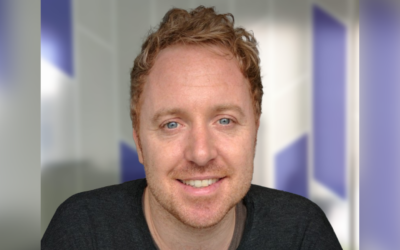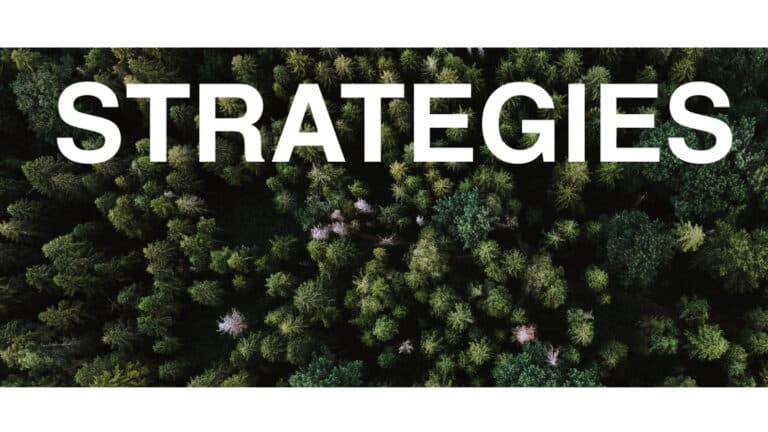Manchester Metropolitan University has been awarded £1m to help gaming companies to become more sustainable.
It’s part of a multimillion pound, pan-European research project to support the gaming sector in its move to become cleaner and greener.
Manchester Met is providing scientific leadership for the project, with business, humanities and natural sciences among the University’s research areas, set to support the €3.9m Horizon Europe funded STRATEGIES (Sustainable Transition for Europe’s Game Industries) project.
“This project will provide vital support to an important creative and cultural industry in meeting Europe’s climate goals, and we’re thrilled to be working with such a vibrant group of researchers and industry professionals,” said Dr Paul Wake, STRATEGIES scientific lead.
“We’re looking forward to getting started and seeing the impact of our work, which will ultimately lead to a greener game industry that is better adapted to the challenges of climate change.”
The sector is estimated to be worth €23.3bn, providing employment for 98k people. The teams will investigate its practices and impacts to help to reduce greenhouse gas emissions, develop policy recommendations and toolkits to improve sustainability, and create a game that will promote and communicate the goals of the 2020 European Green Deal.
“The focus of the project will be two-fold: reducing the impact and harm of game development, and supporting game developers in using games to change minds, attitudes and behaviours,” added Joost Raessens, Professor of Media Theory at Utrecht University and the Project Coordinator.
According to current estimates, game development emissions exceed 5m tonnes of CO2 each year, with the European board game market size expanding rapidly and expected to reach revenues of approximately €3.7 billion by 2023. In Europe, 52% of people aged between six to 64 years play video games.
Manchester Met brings to the STRATEGIES consortium expertise from the Manchester Game Centre, while researchers in the Department of Natural Sciences will provide guidance on climate change science, environmental management and carbon literacy training. The University will also help to develop environmental and sustainable strategies, and support with applied business research.
The project was created by a consortium of 15 partners, from 9 different countries. Drawing on expertise from researchers across six universities, and strong partnerships with NGOs and game companies, it was led by Dr Chloé Germaine and Dr Paul Wake from Manchester Met.
The STRATEGIES project will begin in February 2024 and run until 2028.














